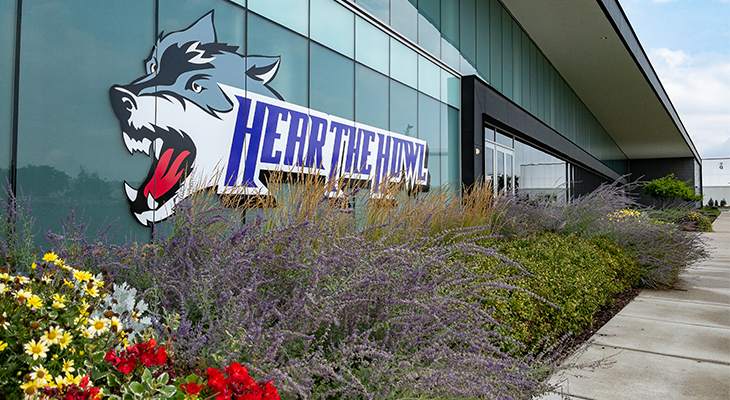
JJC Wolves Basketball vs. Prairie State College
The program consists of a balance between basic general education and professional coursework that provides the educational background demanded by today’s police service. It provides students with an insight of the legal system, giving them a broad range of career options. Students can expect to learn not only about police procedures and policies, but about the judicial system as a whole.
As an increasing number of police academies at the state and local level are requiring at least two years of college education as a prerequisite for employment, JJC offers a comprehensive program that touches on most aspects of law enforcement. The program places emphasis on critical thinking, communication and technological literacy as well as legal procedures.
This program provides a foundation in law enforcement for individuals planning careers in the fields of law enforcement, corrections, probation, parole, or private security. The core law enforcement courses focus on the major components and operations of our system of justice at the local, county, state, and federal levels. Students study criminal law and procedure, corrections, and the courts. They also review the administration, organization, and processes of the overall law enforcement/ judicial system.

